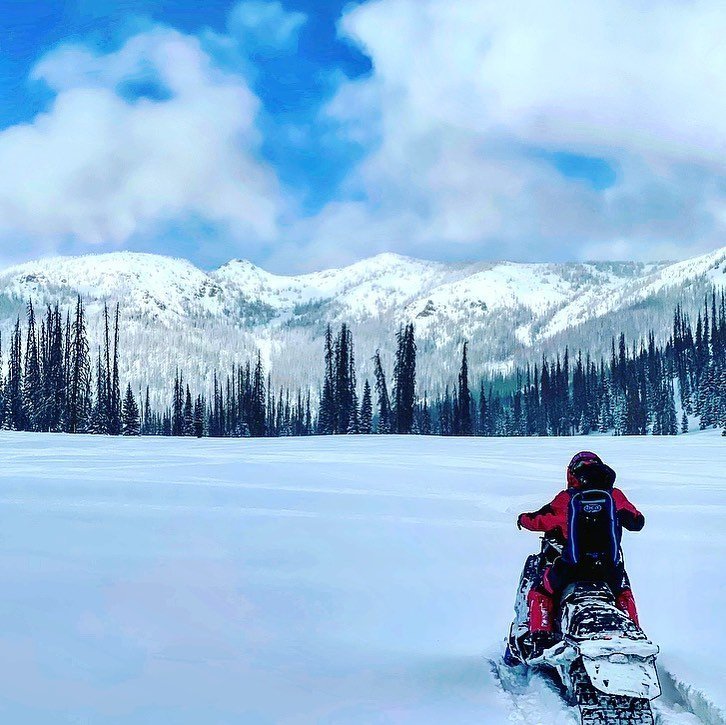Snowmobiling can be an exhilarating winter activity, providing enthusiasts with the opportunity to traverse snow-covered landscapes and experience the beauty of nature in a unique way. However, with this thrill comes the responsibility to ensure that this recreational pursuit is conducted in a manner that respects and preserves the surrounding wildlife and natural ecosystems. One crucial aspect of responsible snowmobiling is staying on designated trails. These trails are carefully planned to minimize disruption to wildlife habitats and ecosystems. Straying off these designated routes can result in damage to fragile vegetation and disturb the habitats of various animals. By adhering to established trails, riders can enjoy the thrill of snowmobiling while minimizing their impact on the delicate balance of the ecosystem. Furthermore, it is essential for snowmobilers to be aware of and respect the local wildlife. Winter is a challenging time for many animals, and disturbing their routines can have adverse effects.

Keeping a safe distance from wildlife and avoiding loud noises can prevent unnecessary stress and disturbance to animals. Snowmobilers should also be especially cautious in areas where certain species may be more vulnerable, such as wintering grounds for certain bird species or habitats critical for the survival of local fauna. Maintaining a respectful speed is another crucial element in minimizing the ecological impact of snowmobiling in Colorado. Excessive speed can result in soil erosion, damage vegetation, and disturb wildlife. By adhering to speed limits and adjusting their pace to the specific terrain, riders can enjoy the sport while ensuring minimal disruption to the natural surroundings. Additionally, snowmobilers should take care to avoid sensitive areas, such as water bodies and wetlands. These areas are particularly susceptible to damage, and the disturbance caused by snowmobiles can have long-lasting effects on aquatic ecosystems. Staying clear of these areas and respecting any designated restrictions helps to protect water quality and preserve the habitats of aquatic species.
Moreover, snowmobilers should prioritize the proper disposal of waste. Carrying trash bags and ensuring that no litter is left behind on the trails is essential for maintaining the pristine beauty of the natural environment. Respecting nature extends beyond the act of snowmobiling itself and includes leaving the landscape as undisturbed as possible. In conclusion, enjoying the thrill of snowmobiling need not come at the expense of the environment. By staying on designated trails, respecting local wildlife, maintaining a considerate speed, avoiding sensitive areas, and properly disposing of waste, snowmobilers can contribute to the preservation of nature. Responsible snowmobiling ensures that future generations can also revel in the beauty of winter landscapes without compromising the delicate balance of ecosystems and the well-being of the wildlife that inhabit them.
